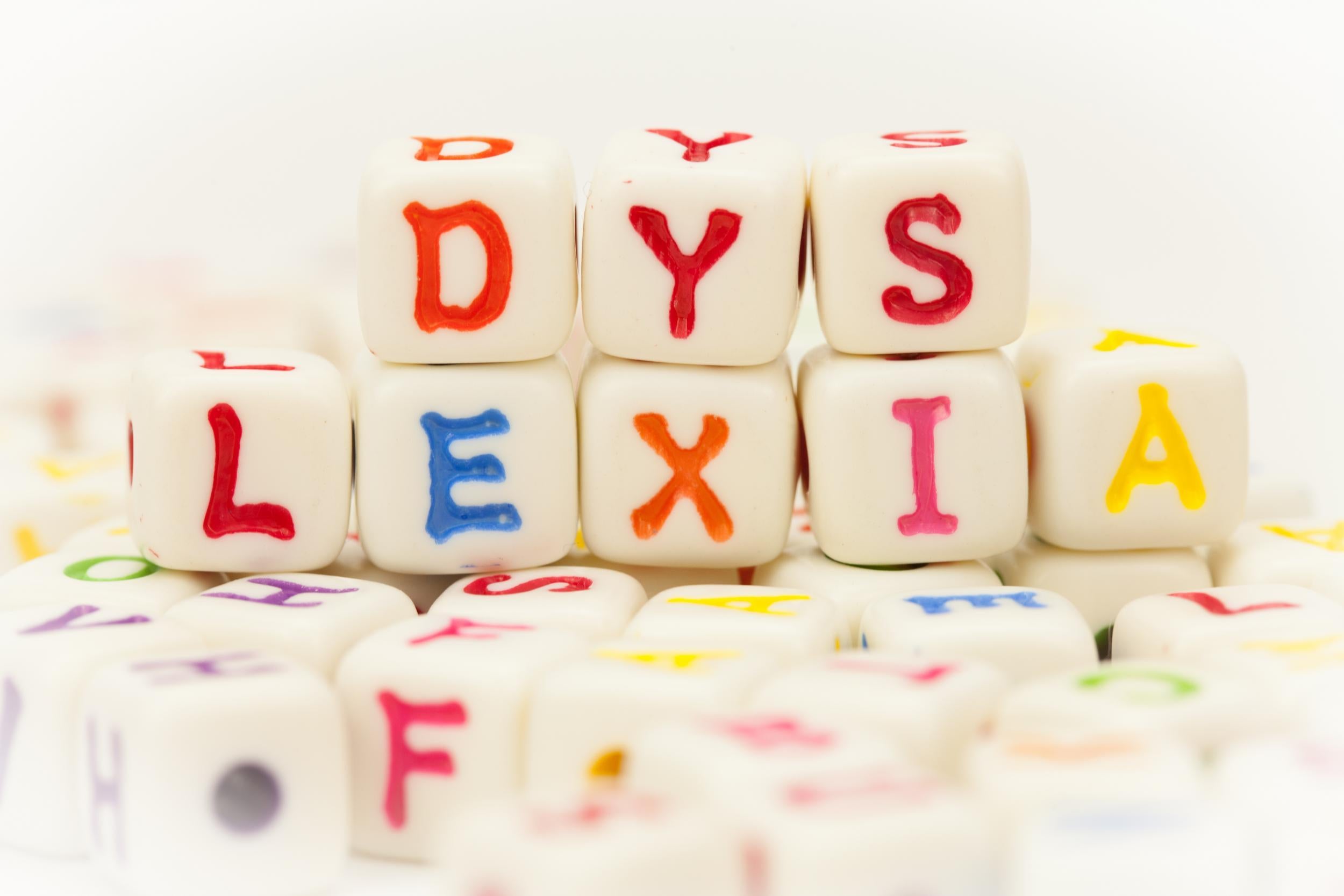What is it like to read with dyslexia? Website shows reality of condition
Try it for yourself

You can never truly understand the struggles of others until you have walked a mile in their shoes – as the saying goes.
One website aims to put you in the shoes of someone who has dyslexia, showing how difficult it can be for those with the common learning disability to read and write – and it is an eye-opening experience.
Created by a friend of a person who has dyslexia, the website recreates the effort of reading a paragraph with the condition.
As one of the most common learning disabilities, estimated to affect 5 to 10 per cent of the population, and one in 10 people in the UK, the website is a useful tool for understanding the disorder.
Although dyslexia can manifest differently in everyone, according to the Mayo Clinic, it is most commonly associated with difficulties reading or writing due to problems identifying speech sounds and decoding.
The learning disorder, which does not affect general intelligence, can make it hard to interpret letters or symbols, as it affects how the brain processes reading and language.
As the website shows, the learning disability can make words and letters appear to jump around extremely quickly, making it almost impossible to read.

With time and effort, the first sentence can be deciphered to say: “A friend who has dyslexia described to me how she experiences reading.”
However, attempting to read the rest of the website does prove to be exceedingly difficult and overwhelming – and gives those without dyslexia a realistic experience of the struggles of reading with the learning disorder.
A friend who has dyslexia described to me how she experiences reading. She can read, but it takes a lot of concentration, and the letters seem to ‘jump around.’
I remembered reading about typoglycemia. Wouldn’t it be possible to do it interactively on a website with JavaScript? Sure it would.
Dyslexia is characterized by difficulty with learning to read fluently and with accurate comprehension despite normal intelligence. This includes difficulty with phonological awareness, phonological decoding, processing speed, orthographic coding, auditory short-term memory, language skills/verbal comprehension, and/or rapid naming.
Developmental reading disorder (DRD) is the most common learning disability. Dyslexia is the most recognized of reading disorders, however not all reading disorders are linked to dyslexia.
Some see dyslexia as distinct from reading difficulties resulting from other causes, such as a non-neurological deficiency with vision or hearing, or poor or inadequate reading instruction.
There are three proposed cognitive subtypes of dyslexia (auditory, visual and attentional), although individual cases of dyslexia are better explained by specific underlying neuropsychological deficits and co-occurring learning disabilities (e.g. attention-deficit/hyperactivity disorder, math disability, etc.).
Although it is considered to be a receptive language-based learning disability in the research literature, dyslexia also affects one’s expressive language skills. Researchers at MIT found that people with dyslexia exhibited impaired voice-recognition abilities.
Join our commenting forum
Join thought-provoking conversations, follow other Independent readers and see their replies
Comments
Bookmark popover
Removed from bookmarks